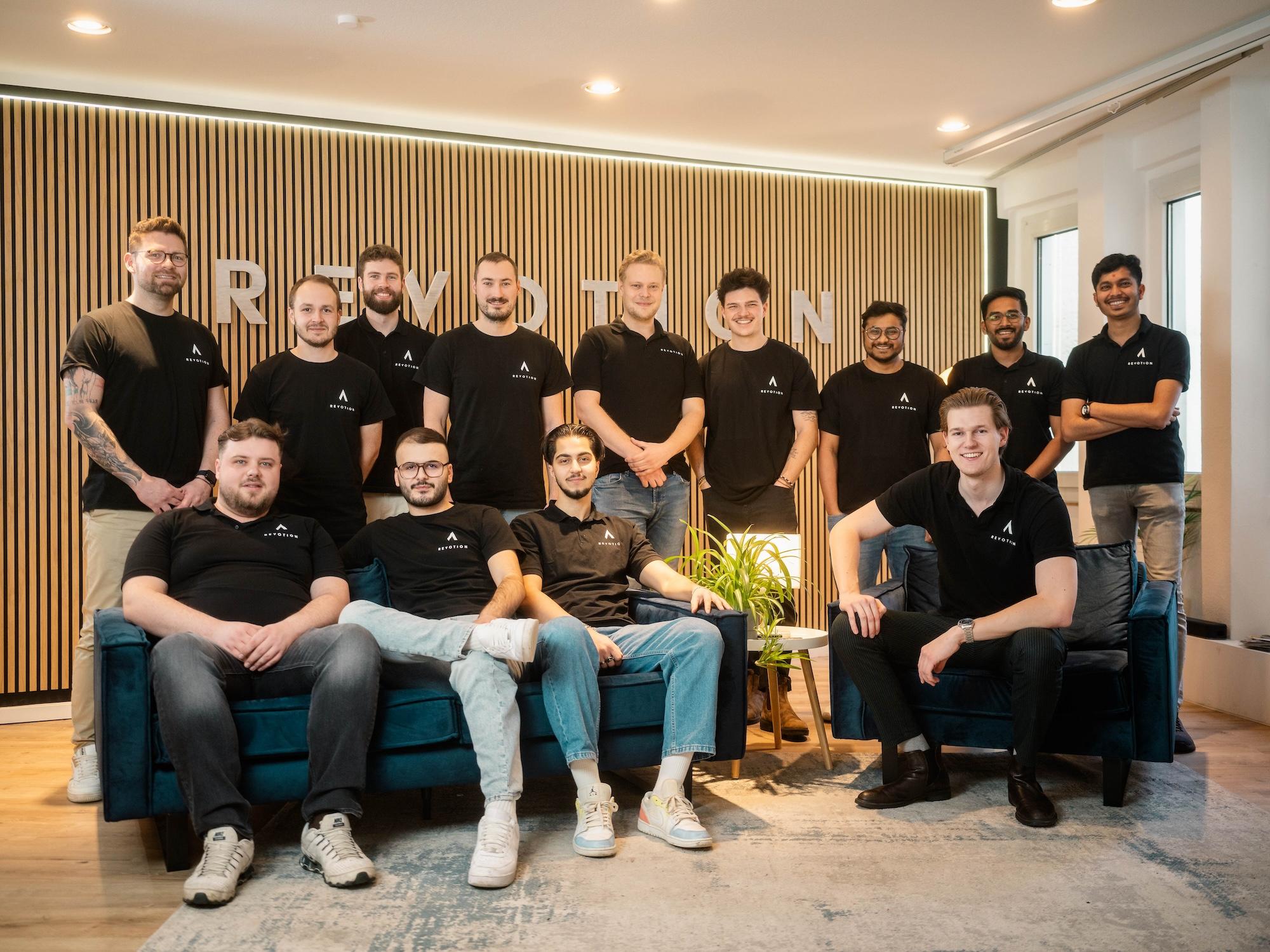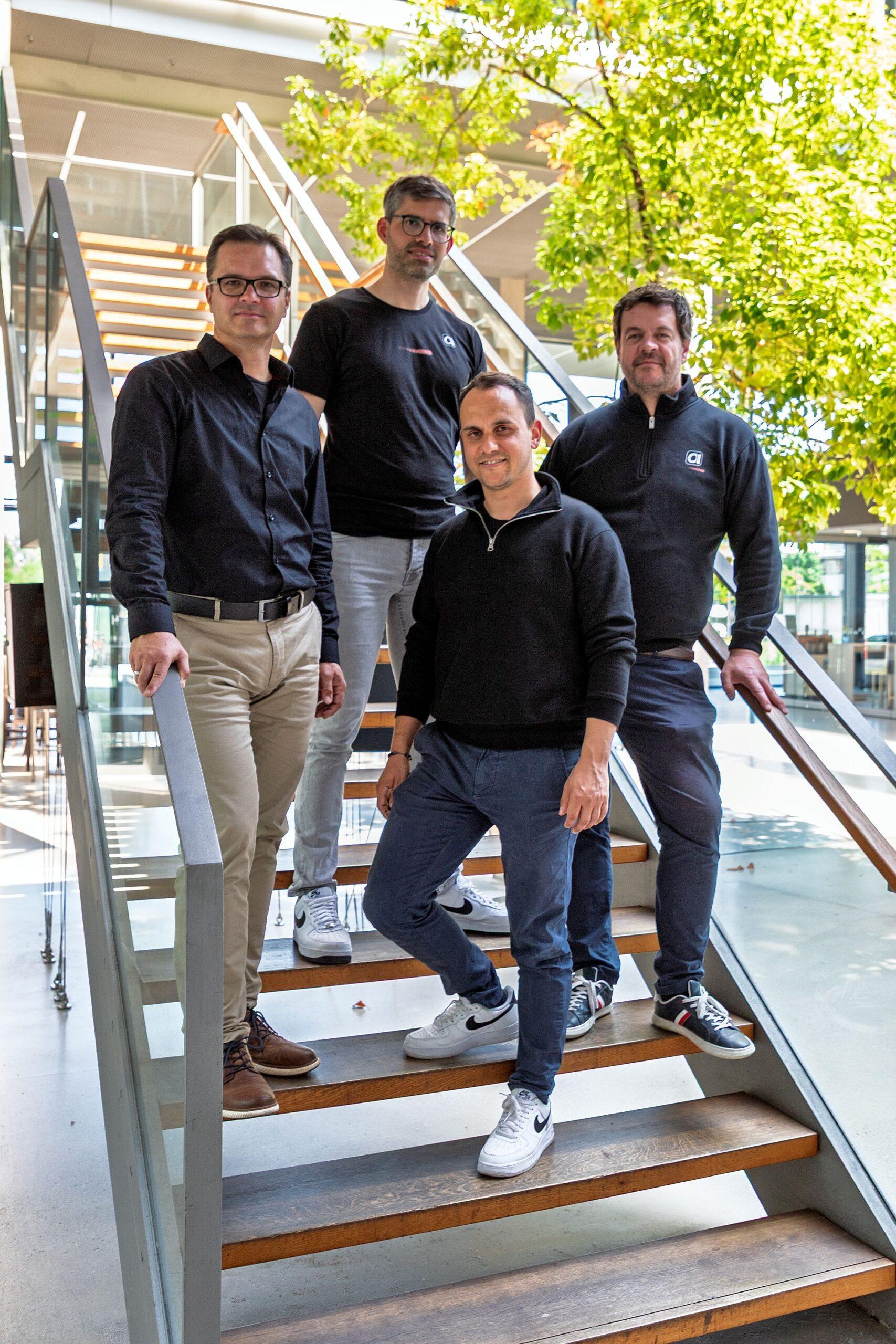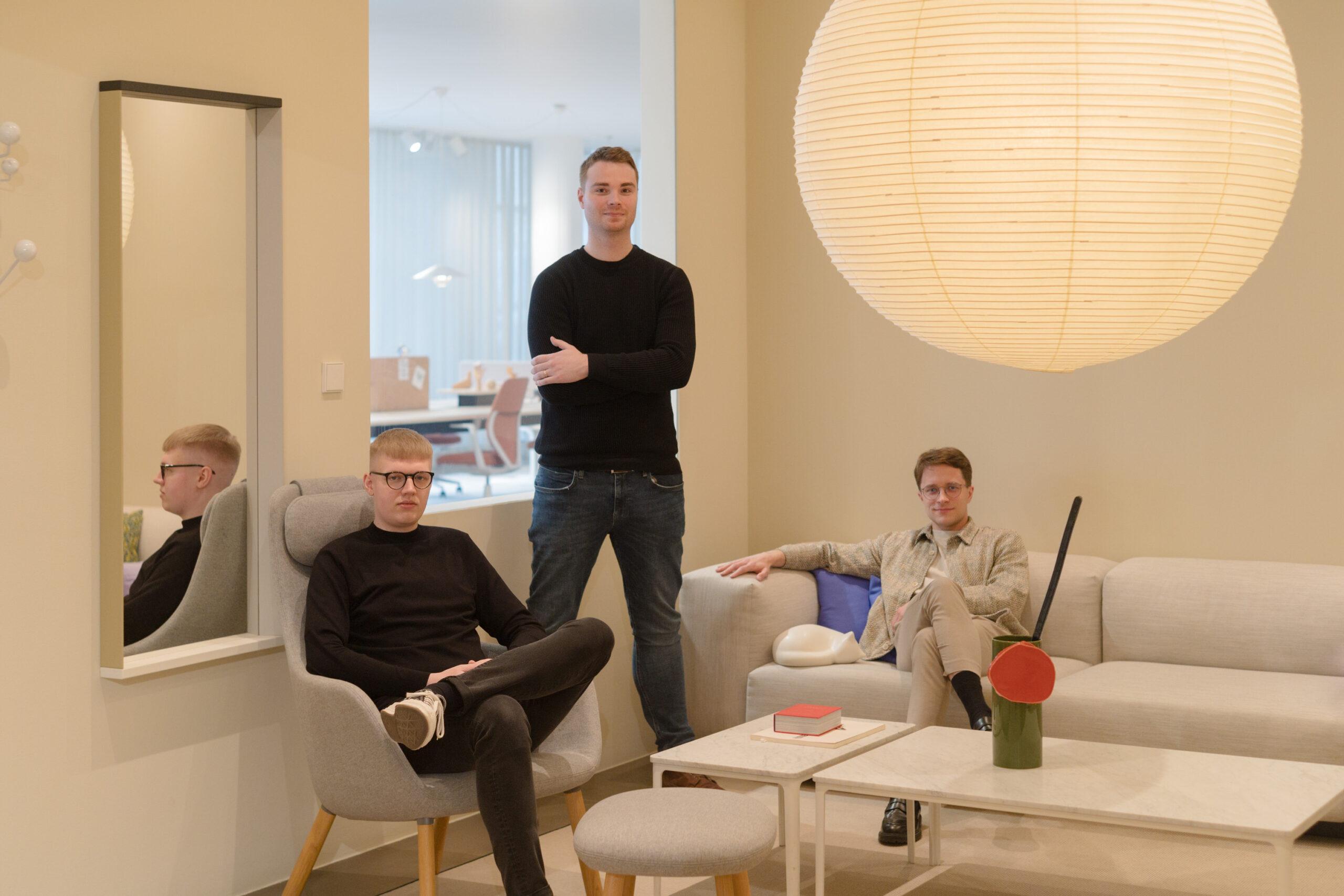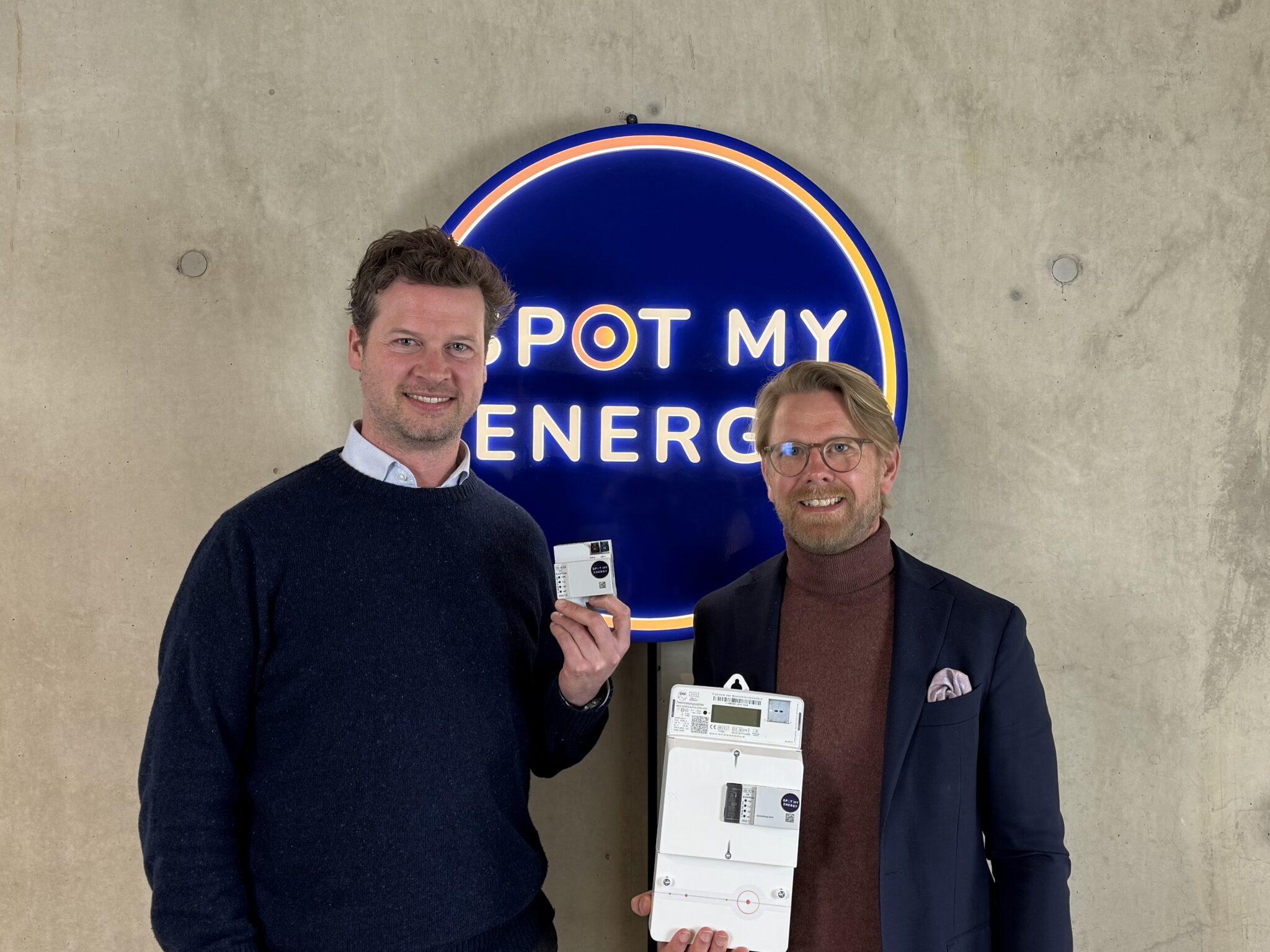2022 was a shit year...

...But surprisingly not for the start-up sector. It seems more stable than ever before. There are good reasons for this.
Unfortunately, the great pop magazine Spex has not been around for a few years now. Its creators were able to regularly translate diffuse trends into clear headlines, often in such a way that they reached far beyond the music and culture scene. In 2014, for example, they wonderfully titled their annual review "Everyone happy? A shitty year comes to an end."
And yes, that's how it felt back then: IS and Boko Haram were on the rise, Ebola was rampant in Africa, Russia annexed Crimea and two Malaysian Airlines planes crashed in the worst possible circumstances. Sure, Germany became world champions, but that somehow didn't outweigh the rest.
But let's be honest: Actually, almost every year since then has earned the title of "shitty year", with escalating sovereignty. 2022, for example, saw war in Ukraine, coronavirus outbreaks and monkeypox, a brutal heatwave and an energy crisis in Europe. And this year we didn't even become world champions.
It makes you really happy to work in a start-up editorial office. Because no other industry is so good at spreading a little optimism even in the worst of crises. Sometimes it may be whistling in the woods. But this year it was justified. In the face of the most difficult macroeconomic environment since the financial crisis, start-ups have proven that they are now much more resilient than in previous crisis periods. Three reasons for this increased resilience? We have them ready.
Number 1: The venture capital base is more stable
It remains to be seen whether the amount of venture capital issued in 2022 can reach the record level of 2021. But one thing is already clear: there has been no major slump. And that despite fears of recession and a turnaround in interest rates. Quite a few experts had feared that risky investments such as shares and VC funds would suffer in the event of higher interest rates. This has not happened because German start-ups have rightly earned a reputation for being successful in the long term. Of course, investments that primarily serve the purpose of quickly pushing the company's value and then making a big profit at the IPO suffered. But such quasi-pump-and-dump schemes thankfully do not make up the majority of start-ups. The logistics start-up Sennder, for example, has just broken the two billion valuation mark. Those who have a sensible business model and can prove that they can and want to earn money in the long term will get money even in times of crisis. That is a good sign.
Number 2: Individual bankruptcies do not trigger a domino effect
Start-ups also collapsed this year. The crypto crash, for example, spelled the end for a whole series of fintechs. However, the industry is now so broadly based that difficulties in one sector do not drag down all other young entrepreneurs. In contrast to the new economy times, not everyone is doing "something with the internet". The business models are more differentiated and investors understand this. Accordingly, there are no panic-like sales movements as soon as something goes wrong in a start-up. This also speaks for a level of maturity that has not existed in start-up Germany for so long.
Number 3: Consolidations have a healing effect
This year we have seen it with fast delivery services, and in the past with "normal" delivery services or e-scooter providers: Crowded start-up fields have remarkable self-cleaning powers. Some may consider the Highlander-like war of attrition for market share to be a waste of resources, but it usually results in the most efficient market participant prevailing. Gorillas, for example, has just gone to its competitor Getir.
Admittedly: This is still no guarantee that the market as a whole will ever be profitable. But it does show that it is at least theoretically possible for an overheated sector to shrink back to health. In other words, a lack of capital inflows does not automatically mean a collapse.
Here's to something new
We can only hope that the resilience of the start-up sector will not be unduly strained. Some indicators suggest that the long-term recession that threatened at the beginning of this year will be shorter and milder after all. This would be welcome, because even if existing companies may survive, it is still completely unclear what the changed conditions will mean for start-ups. In the first half of the year, there was already a drop here, as reported by the Startup Association. Unsurprisingly, in uncertain times, fewer people dare to become self-employed and investors also find it easier to continue supporting long-standing partners than to entrust themselves to new ones.
Thank goodness every trend is broken at some point. In this respect, there is hope that we won't actually be looking back on a shitty year at the end of 2023.

Newsletter
Startups, stories and stats from the German startup ecosystem straight to your inbox. Subscribe with 2 clicks. Noice.
LinkedIn ConnectFYI: English edition available
Hello my friend, have you been stranded on the German edition of Startbase? At least your browser tells us, that you do not speak German - so maybe you would like to switch to the English edition instead?
FYI: Deutsche Edition verfügbar
Hallo mein Freund, du befindest dich auf der Englischen Edition der Startbase und laut deinem Browser sprichst du eigentlich auch Deutsch. Magst du die Sprache wechseln?
























